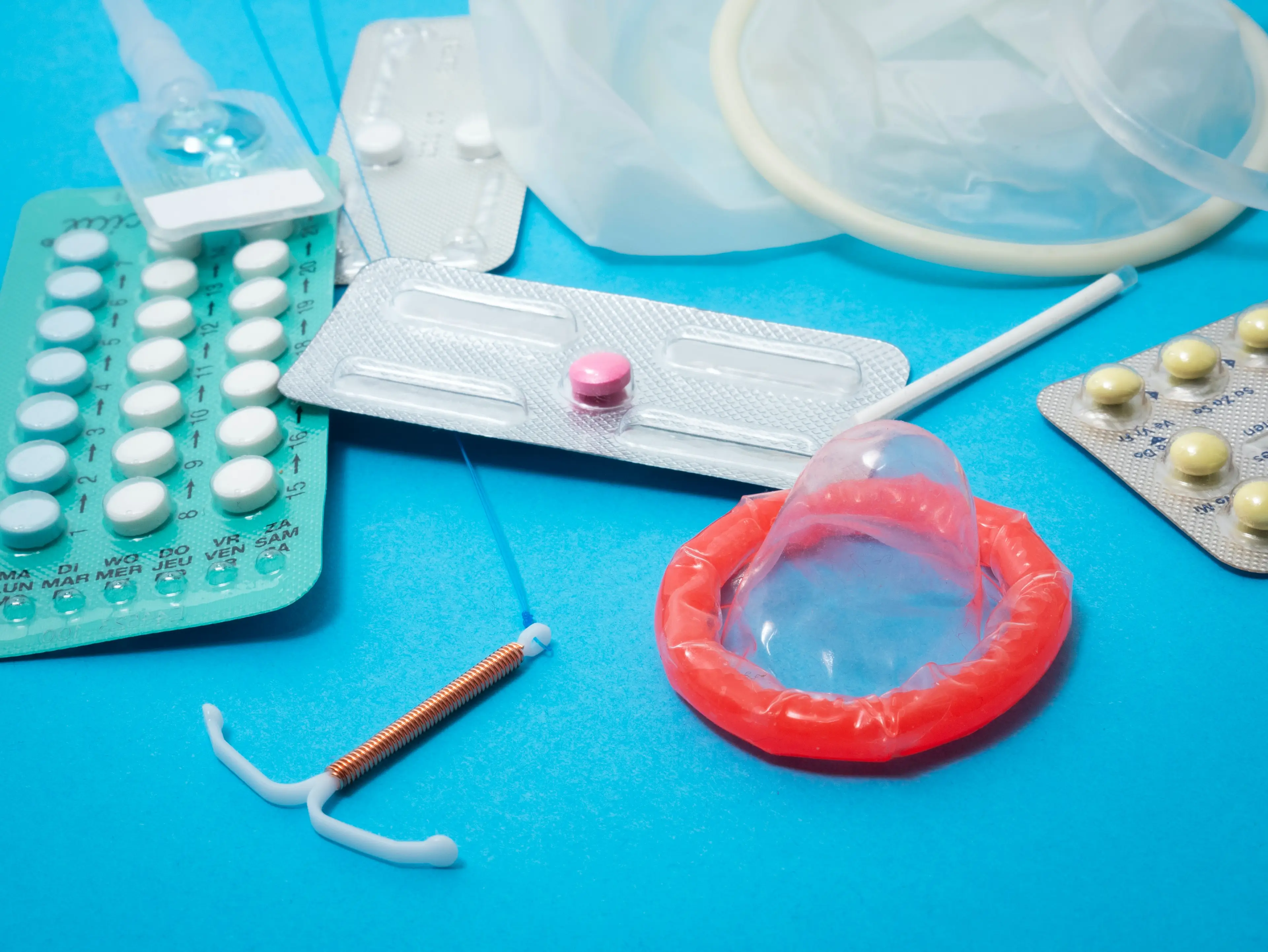
A study into men's hormonal birth control study has produced some rather surprising results.
Men who took part in the study experienced changes to their sex drive, sexual performance and weight, among other side effects.
The contraceptive in question is called NES/T and is intended for men and people with penises to reduce sperm production, in order to prevent pregnancy.
The second phase of the clinical trial for the drug was launched in 2018 and is expected to end in 2023, while previous studies have tried, and ultimately failed, at creating a successful drug to manage male fertility.
What is NES/T gel?
Unlike its predecessors, NES/T is not a pill, but rather a gel that is being tested on men aged 18 to 50 who are in monogamous relationships with women aged 18 to 34.
Advert
The test subjects simply rub one pump of the gel onto each shoulder once a day after they’ve showered, of course, to avoid washing it off.
The couples are then free to have “unprotected sex” (aside from the gel, of course) at least once a month, while the study’s researchers frequently take the participant's semen and blood samples to track the effects of the drug.

The gel, which uses the progestogen Nestorone (which has previously been used in the woman’s contraceptive ring) aims to suppress the mens’ luteinizing and follicle-stimulating hormones, which are needed to produce healthy sperm.
The drug does, however, include extra testosterone, as the drug would otherwise reduce the males’ primary sex hormone as next to nothing.
The otherwise treated lack of testosterone would then plummet their sex drive, which would defeat the purpose of a contraceptive in the first place.
What were the results of the male contraceptive gel study?
Although the NES/T study has not yet been concluded, its test subjects are already reporting a variety of interesting side effects.
Cosmopolitan has reported that trial subjects have experienced “increased endurance during sex”, “increased libido” and even that the drug is “more forgiving of user error” when accidentally missed, compared to that of the female contraceptive pill.
When trial participants accidentally forgot their dose of the gel, their “sperm counts were [still] always zero”, Mike Bartley, who was a subject in the trial, told the magazine.
There were some less desirable side effects, however, with some men reporting to the publication that they experienced water weight gain, bouts of feeling emotional and skin dryness on the site where the gel was applied.
The magazine did also note that after over three years in the trial study, no couples have gotten pregnant while using NES/T.
So, could this male contraceptive gel eventually hit the mass market?
Before you run to the nearest pharmacy or your local GP to get your hands on this seemingly cutting-edge contraceptive, it’s worth noting that the study still has to enter a third phase where thousands of couples will need to try the drug.
Once N/EST gains traction from a major pharmaceutical partner who thinks it could be marketable, it then needs FDA approval.
The whole process could take up to ten years, Cosmopolitan reported.
If it were to hit the market one day, the contraceptive would “absolutely” appeal to people with penises, Dr Mel Davis-Hall, Medical Director and GP at The Lowdown told Tyla.
“Today, the only contraceptive methods available to men are condoms, vasectomy and withdrawal.”
But this new drug doesn’t just widen the choice of contraceptives for men, it also “promotes gender equality”, Davis-Hall suggests.
“Hormonal contraception has always been the responsibility of a female, meaning they suffer the side effects, have to manage the logistics and go through procedures such as coil fittings or getting an implant.

“Male contraception allows us to share that experience as well as have equal responsibility for not getting pregnant.”
But convincing men or people with penises to take it would be a whole other matter, Dr. Jeff Foster tells us.
“It may be hard to convince men that taking something that would suppress their sperm production would not also affect their masculinity,” Foster, who is a GP with a specialism in men’s health, offers.
“Being able to produce or father children is something that is a core element of ‘feeling like a man’ and taking this away, even if voluntarily, might be quite a challenge for many men.
“There is a big difference between a condom, which allows for normal function, and a gel that is perceived as ‘changing things internally’.”
A survey in The Lowdown also found that 39% of over 3,700 women would feel uncomfortable with their male partner using a hormonal contraceptive as their main method of contraception - so the method may not be as popular among women as previously hoped.
“With that said, there is the option to still use barrier methods such as condoms as extra protection” if the gel were to become available in the future, Davis-Hall suggests.
Whatever your thoughts on this possible male contraceptive, it would certainly make strides on the future of both reproductive rights and gender responsibility when it comes to preventing pregnancy.
Topics: Sex and Relationships, Health, Science, News
